June 24, 2025 | 09:03 GMT +7
June 24, 2025 | 09:03 GMT +7
Hotline: 0913.378.918
June 24, 2025 | 09:03 GMT +7
Hotline: 0913.378.918
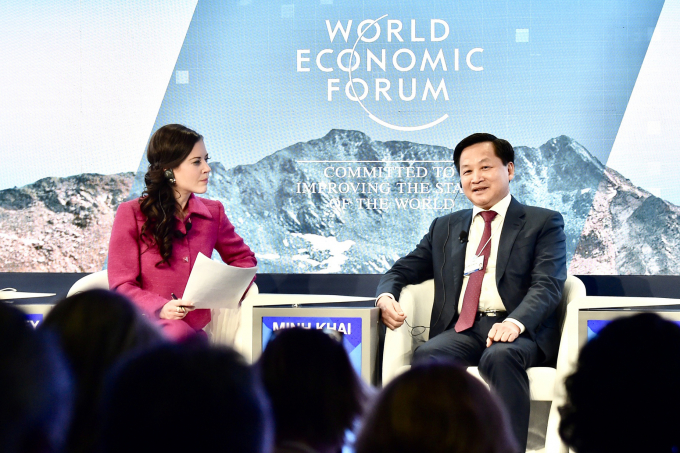
Deputy Prime Minister Le Minh Khai delivers a speech at the opening session of the World Economic Forum's panel on “Averting a Global Food Crisis”.
The 52nd World Economic Forum (WEF)’s annual meeting under the theme “History at a Turning Point: Government Policies and Business Strategies” is held in Davos, Switzerland between May 23 and 26.
The panel session “Averting a Global Food Crisis” featured the attendance of Tanzania's Vice President Isdor Mpango, Vietnam’s Deputy Prime Minister Le Minh Khai, CEO of the Swiss agriculture company Syngenta, J Erik Fyrwald, and World Food Programme Executive Director David Beasley among others.
Deputy Prime Minister Le Minh Khai stressed that the “dual” crisis generated by the COVID-19 pandemic and geopolitical intentions have caused unprecedented impacts on the supply, prices, and food supply chain on a global scale.
“Vietnam possesses strength in food, we have recently become an important contributor to the global food security”, Mr. Le Minh Khai emphasized, adding five proposals regarding this issue.
First, it needs a holistic, multidimensional, multi-objective, long-term approach toward a self-reliant, inclusive and sustainable food system.
“In the coming time, we have to provide humanitarian support for some countries which are at the risks of food shortage, recovering global food supply system as well as addressing trade hurdles in the food supply”, the Deputy Prime Minister suggested.
In the long run, he believed that it is essential to transform into an agro-ecosystem that is green, sustainable, low emission, climate change adaptive, and environmentally friendly.
Second, international cooperation needs to be boosted to increase the role of multilateral organizations in addressing global food security, including ensuring the thorough food supply chain, eliminating trade barriers in foods, providing financial support for developing countries, promoting the model of tripartite cooperation that Vietnam has effectively deployed with African and Latin American countries.
The third proposal of the Deputy Prime Minister remarked the solutions regarding global food security must ensure the social inclusion to uphold the whole population approach and people must be put at the center, the ultimate goal of any food security policies. Especially, it needs to ensure the transformation of food production which is sustainable, equitable, and takes into account the interests of vulnerable and disadvantaged groups.
Next, Mr. Le Minh Khai proposed to build up an agro-ecosystem with the participation of all stakeholders.
“In Vietnam, we follow policies of linking four stakeholders including the State, entrepreneurs, researchers, and farmers to ensure food supply, sustainable production as well as addressing the interests and responsibility of each stakeholder in harmony”, the Deputy Prime Minister noted.
Fifth, he considered that it is essential to renew the mindset, to create all conditions to promote the development of agriculture and food production industry, especially the adoption of the Fourth Industrial Revolution and linking renovation networks among others.
As an agricultural country, Vietnam called on the support of countries, international organizations, and enterprises in WEF to build a food innovation hub of Southeast Asia in Vietnam.
He also shared the directions of Vietnam to transform into a low-carbon, green, eco, and sustainable agriculture from three core pillars namely eco-agriculture, modern countryside, and smart farmers.
However, Vietnam is facing several challenges as the impacts of climate change, the rise of sea level, and salinity intrusion in the Mekong Delta - one of the nation’s and world’s food production centers.
Thereby, Deputy Prime Minister Le Minh Khai called on organizations, international organizations, and scientists to work together with Vietnam to come up with solutions to tackle climate change, build sustainable agriculture, meeting the food demands of Vietnam and the world.
Translated by Linh Linh
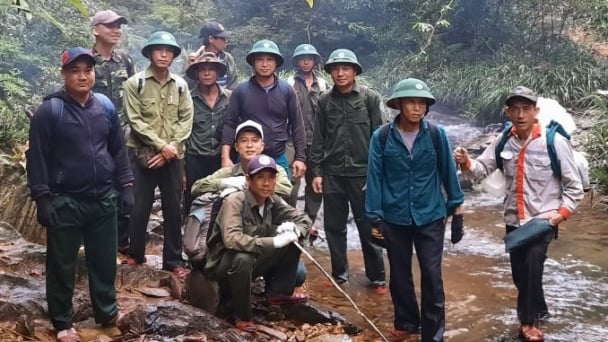
(VAN) All parties have acknowledged the barriers in mobilizing finance for conservation, proposing detailed initiatives. One of the most effective methods is to employ natural-based solutions.

(VAN) Vietnam is the country with the highest diversity of primate species in Southeast Asia, but most of them are seriously threatened, creating an urgent need for conservation efforts.
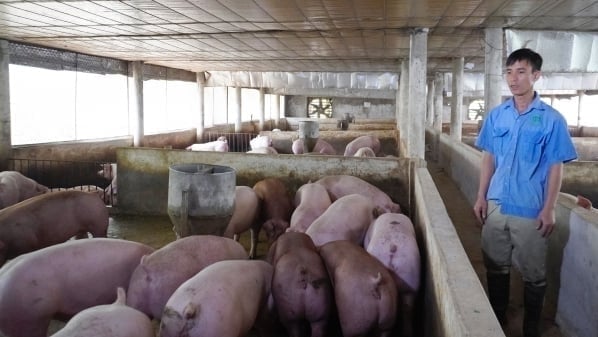
(VAN) Livestock farmers are still hesitant to use the new ASF vaccine products, mostly waiting for responses from large businesses before making a decision.
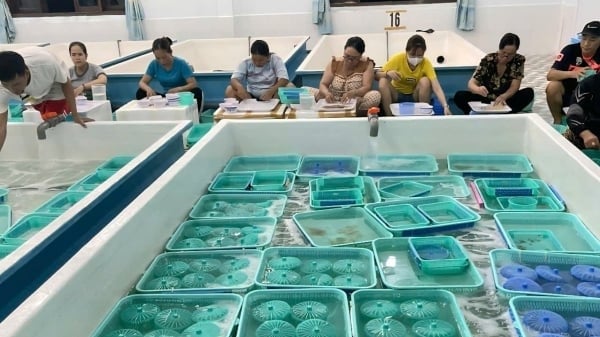
(VAN) Khanh Hoa and Phu Yen continue to strengthen inspection and control of lobster seed circulation in the area, and strictly handle violations.
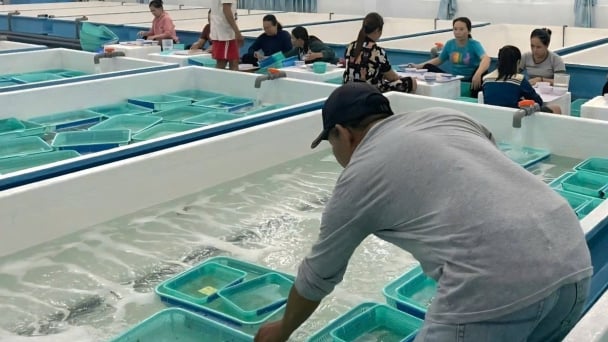
(VAN) Phu Yen and Khanh Hoa recently discovered many batches of lobster seeds of unknown origin. The authorities quickly moved and handled it as per regulations.
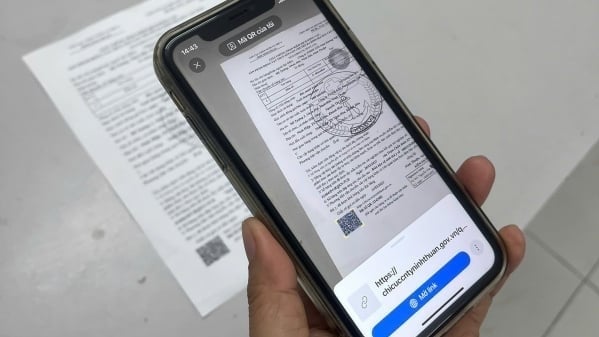
(VAN) Thanks to Ninh Thuans’s digitization of shrimp seed quarantine declarations, the procedures for payment and result reception are simpler and quicker.
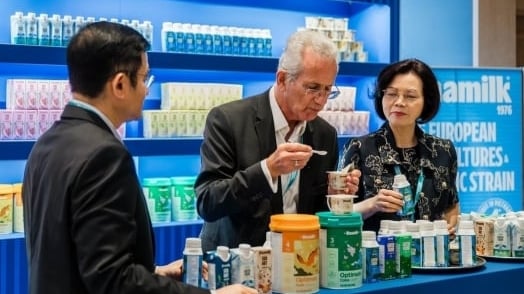
(VAN) In Amsterdam, the Netherlands, the 18th Global Dairy Congress 2025 took place from June 18-19, where Vinamilk won many grand awards.